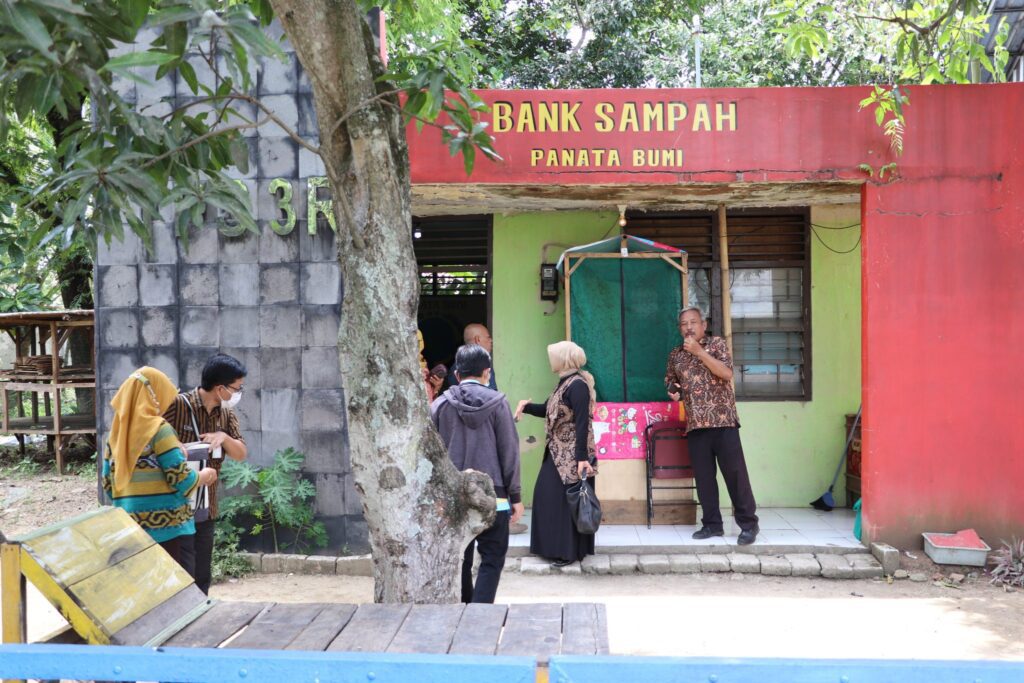The Ministry of Cooperatives and SMEs emphasizes cooperatives’ potential in fostering waste bank initiatives for sustainable waste management and resource creation
In Brebes, Central Java, the Ministry of Cooperatives and Small and Medium Enterprises (SMEs) underscores the vital role of cooperatives in spearheading the establishment of waste banks within communities.
Bapak Arif Rahman Hakim, the ministry’s secretary, emphasized the symbiotic relationship between cooperatives and waste banks, particularly in plastic waste management and sustainable development, during a discussion on “Complaints and Receiving Public Aspirations in the Cooperatives and SMEs Fields” held on Friday.
Hakim highlighted the urgent need for effective waste management solutions in Indonesia, driven by the nation’s expanding population and evolving lifestyles, which have led to a surge in waste production over time.
Despite the existence of large landfills and waste processing facilities, the effectiveness of current waste management systems remains limited, prompting the government to explore alternative solutions, such as the widespread implementation of waste banks.
Waste banks operate based on the principles of reduce, reuse, and recycle (3R), serving as educational hubs for fostering behavioral change and promoting the circular economy concept. These facilities, managed by the community, businesses, and local governments, play a crucial role in waste reduction efforts and resource optimization.
Source: Antara News








